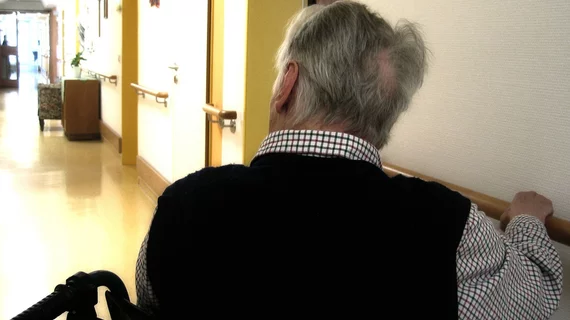NIH awards $150M for nationwide imaging study to better understand ‘mixed dementia’
The University of Wisconsin School of Medicine and Public Health has secured a grant from the National Institutes of Health (NIH), to be used to conduct a large five-year study on the neurobiology of Alzheimer's disease and related dementias.
This project, named Clarity in Alzheimer’s Disease and Related Dementias Research Through Imaging (CLARiTI), will be a nationwide study involving all 37 Alzheimer's Disease Research Centers in the United States, culminating with around 2,000 total participants.
Initial testing for CLARiTI is expected to last up to 36 months, at which point volunteers will continue to be monitored for the remaining two years.
“As a consortium, these centers can collect, share and analyze hundreds of unique imaging-plasma sets which will be intrinsically linked to cognitive and neurobehavioral data collection, genetics and eventually neuropathology,” study leader Sterling Johnson, PhD, professor of medicine at UW School of Medicine and Public Health said in an announcement. “This collaboration addresses a critical research gap while also building a bridge to future uniform blood-biomarker characterization in the Alzheimer’s Disease Research Centers, expanding the reach and impact of these research centers.”
In its statement, the university said the study will utilize images of the brain from various modalities and blood tests for biomarkers to hopefully improve the understanding of Alzheimer's and related dementias. One of the key goals is to establish a standardized brain imaging and blood plasma test protocol for analyzing hallmark biomarkers of Alzheimer’s disease, to aid in identifying true causes of dementia, enabling physicians to tailor treatments more effectively.
The grant is anticipated to reach up to $150 million during the five-year period, and marks the largest award the NIH has ever given the UW School of Medicine.

